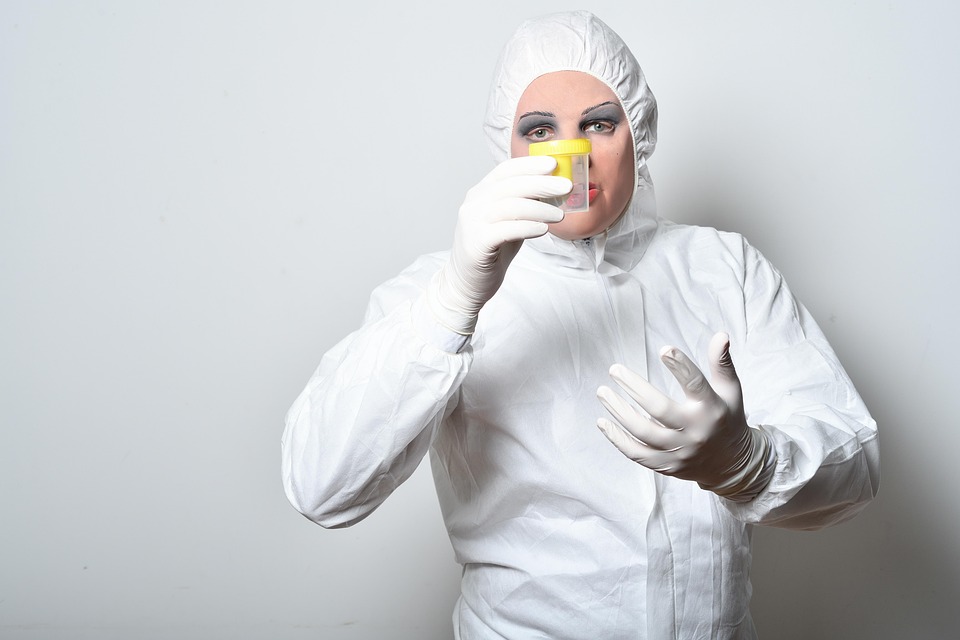Essential Interview Guides for Aspiring Microbiologists: Tips and Strategies for Success
Embarking on a career in microbiology is nothing short of exhilarating. The microscopic world, teeming with life forms too tiny for the naked eye, presents endless opportunities for those eager to delve deep into the realms of science. As you prepare for interviews in this fascinating field, arming yourself with the right strategies and insights can make all the difference. Let’s explore some essential tips that can elevate your interview game.
Understanding the Role
-
Know the Fundamentals: Before stepping into the interview room, ensure you have a solid grasp of microbiological principles. Familiarise yourself with key concepts such as microbial metabolism, pathogenicity, and the latest advancements in genetic engineering. A well-rounded understanding will not only boost your confidence but also impress your interviewers.
-
Research the Organisation: Each institution has its unique ethos and research focus. Whether it’s a university, a pharmaceutical company, or a public health agency, delve into their recent publications, ongoing projects, and overall mission. Tailoring your responses to align with their objectives will showcase your genuine interest and preparedness.
Showcasing Your Skills
-
Technical Proficiency: Prepare to discuss specific laboratory techniques you’ve mastered—be it PCR, culturing methods, or bioinformatics tools. Use real-life examples to illustrate your experience, and don’t shy away from discussing challenges you’ve faced and how you overcame them. This can provide a glimpse into your problem-solving skills and resilience.
-
Soft Skills Matter: While technical know-how is crucial, the ability to communicate effectively, work collaboratively, and think critically is equally important. Prepare to share instances where you demonstrated leadership, teamwork, or conflict resolution. These anecdotes will help paint a well-rounded picture of who you are as a professional.
Anticipating Questions
-
Common Queries: Interviews often include standard questions such as "What inspired you to pursue microbiology?" or "Where do you see yourself in five years?" Craft thoughtful responses that reflect your passion and ambition.
-
Scenario-Based Questions: Be ready for hypothetical scenarios that test your analytical skills. For instance, you might be asked how you would approach an outbreak investigation. Practising these types of questions can enhance your ability to think on your feet and articulate your thought process clearly.
The Final Touches
-
Dress and Demeanour: First impressions count. Opt for professional attire that reflects the seriousness of your ambition. Additionally, approach the interview with a positive attitude; enthusiasm can be contagious, and interviewers often look for candidates who will contribute positively to their teams.
-
Prepare Questions: Interviews are a two-way street. Prepare insightful questions about the role or the organisation that reflect your research and curiosity. This not only demonstrates your interest but also provides you with valuable information to assess if the position aligns with your career goals.
Moving Forward with Confidence
As you navigate the intricacies of your microbiology interview, remember that preparation is key. Embrace the challenges and opportunities that lie ahead, and let your passion for the subject shine through. Always keep in mind that CVPortal is here to continuously provide you with high-quality CV references and resources to aid in your journey towards success. Best of luck!


